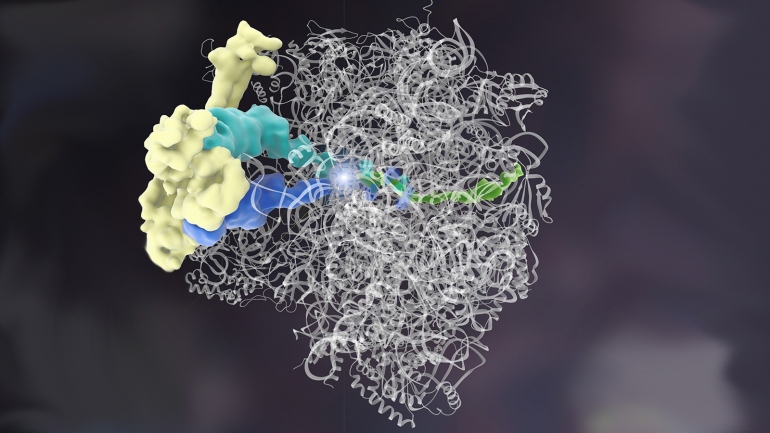Researchers at RIKEN have established a link between quality control during protein synthesis in cells and neurological disorders. This finding has important implications for the future of research into cognitive disorders and their treatment.
Ribosomes are complex molecular factories within cells that translate DNA instructions into functional proteins. This protein synthesis happens in spurts; at other times, it seems to stop altogether.
When this occurs, a crucial quality control mechanism kicks in and degrades the unfinished protein threads that would otherwise cause damage to cells. Ribosome-associated quality control (RQC) is the name given to this sort of cleanup.
The mechanism by which RQC malfunctions and causes various brain disorders has only recently been hypothesized.
Ryo Endo, Tanaka, and colleagues’ recent research has discovered that knocking out a crucial gene in RQC causes developmental defects in mouse neurons.
The Proceedings of the National Academy of Sciences is where the research is published.
These signaling molecules have the advantageous effect of inhibiting the translation of DNA into proteins. However, they go too far and stifle neurite outgrowth, preventing neurons from forming connections with one another. Problems in neurons may originate from the inhibition of neurites.
This discovery may pave the way for cutting-edge treatment advances.
” Together, the overactivated cellular compensatory mechanism against defective RQC through TTC3 overaccumulation induced synaptic and cognitive deficits,” the researchers explained in their findings. “More broadly, these findings represent a novel cellular mechanism underlying neuronal dysfunctions triggered by exaggerated cellular stress response to accumulated abnormal translation products in neurons.”


